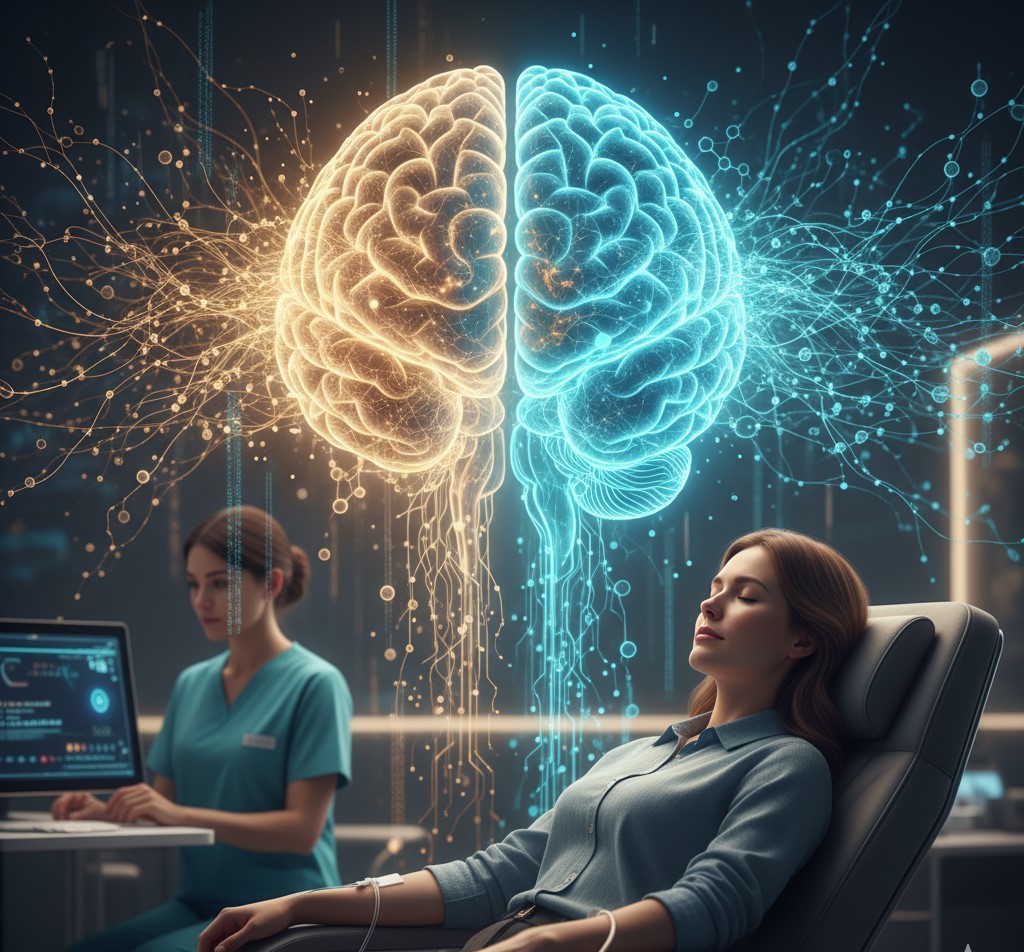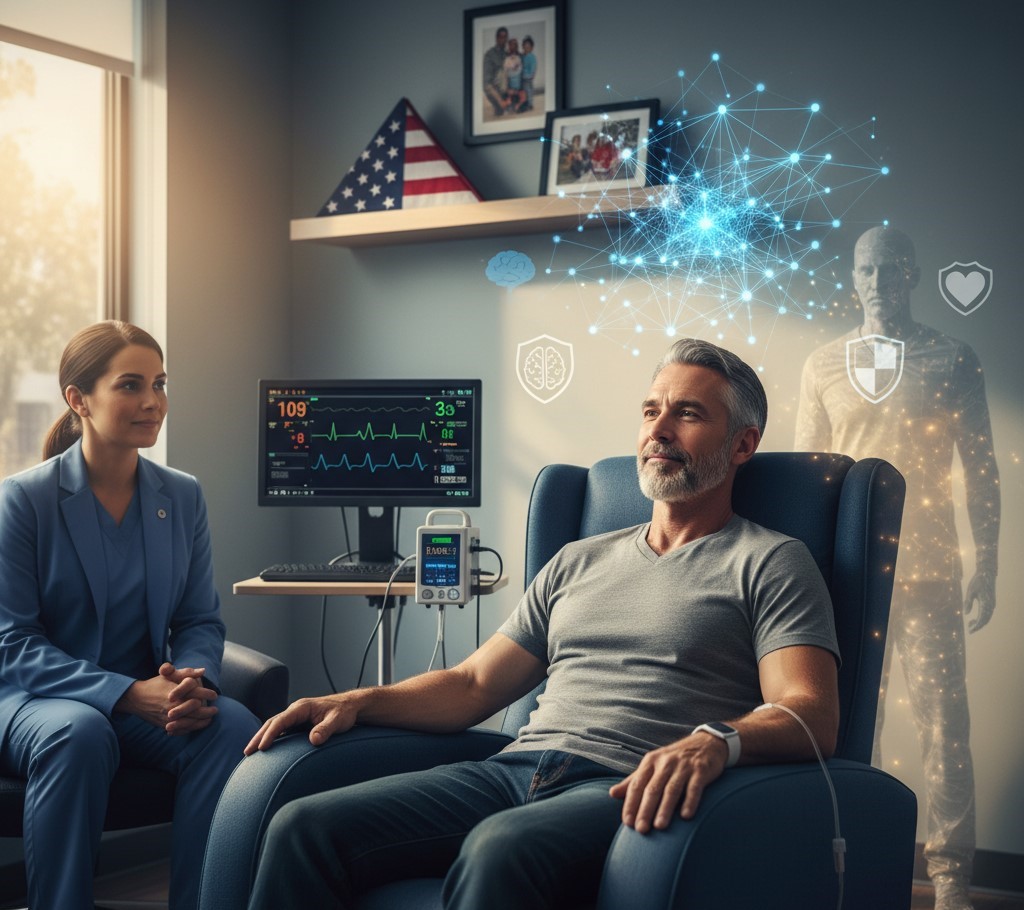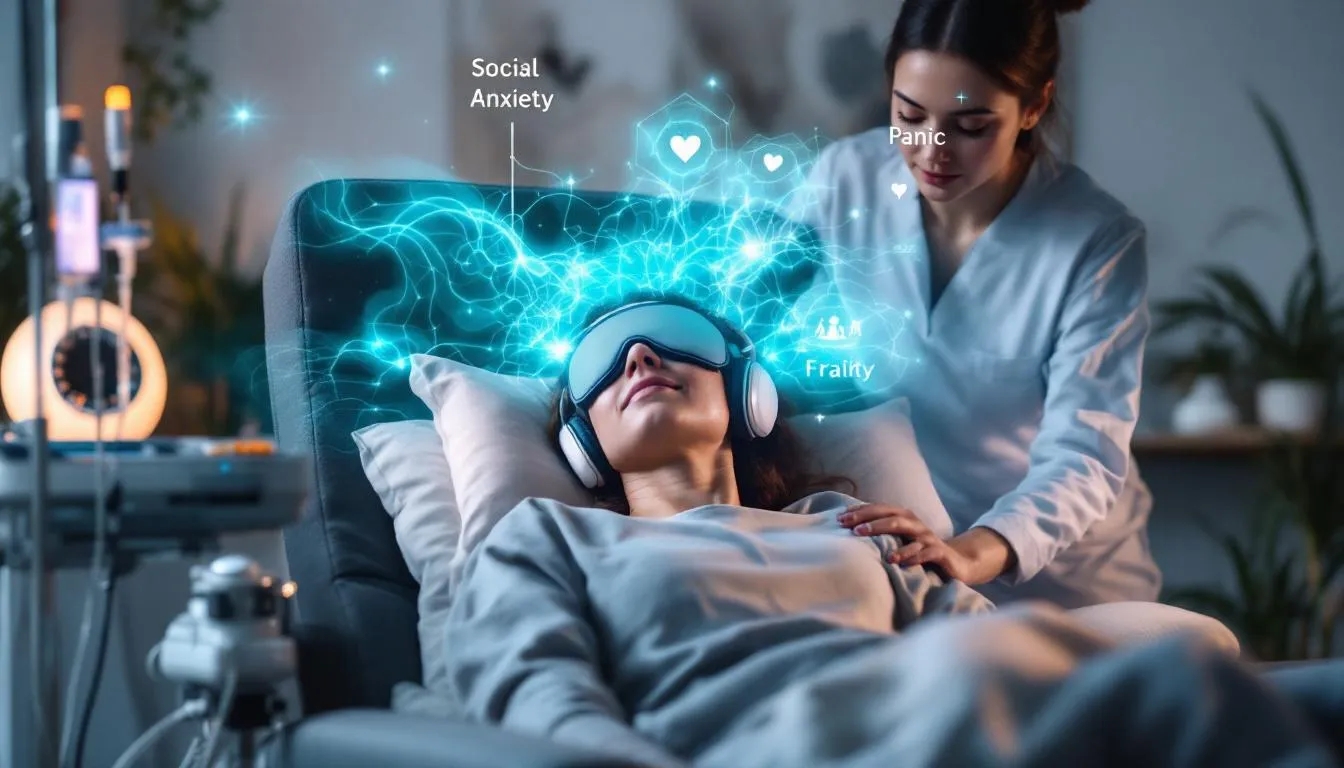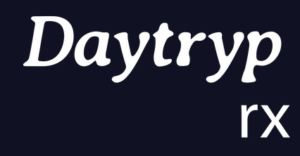Ketamine Therapy for Treatment-Resistant Depression – Depression, a relentless and all-encompassing mental health condition, can feel like an unending battle for those who suffer from it. For individuals with treatment-resistant depression, the journey can be even more arduous. As a leading health and wellness clinic, specializing in ketamine therapy for treatment-resistant depression and the intentional use of psychedelic medicine, Daytryp Health is dedicated to exploring how ketamine therapy can be a beacon of hope and transformation for those who have not found relief through traditional treatments.
Understanding Treatment-Resistant Depression
Treatment-resistant depression, also known as TRD, is a term used to describe depression that does not respond adequately to multiple rounds of traditional treatments, such as antidepressant medications or psychotherapy. Individuals with TRD often endure persistent and severe symptoms that profoundly affect their quality of life, including:
- Persistent Sadness: A constant and overwhelming feeling of sadness that pervades daily life.
- Anhedonia: A loss of interest or pleasure in activities that were once enjoyed.
- Physical Symptoms: Changes in appetite, sleep disturbances, and chronic fatigue.
- Cognitive Impairment: Difficulty concentrating, making decisions, and remembering.
- Suicidal Thoughts: The distress of TRD can lead to thoughts of suicide or self-harm.
Here are some key characteristics of treatment-resistant depression:
- Persistence: Individuals with TRD experience depressive symptoms that persist for an extended period, often for many months or even years, without significant relief.
- Inadequate Response: They may have tried multiple antidepressant medications, psychotherapies (such as cognitive-behavioral therapy), or other traditional treatments without experiencing substantial relief from their symptoms.
- Functional Impairment: TRD can lead to significant functional impairment in various areas of life, including work, relationships, and daily activities.
- Increased Severity: Symptoms of TRD tend to be more severe than in cases of non-resistant depression, and they can include persistent sadness, feelings of hopelessness, low energy, changes in appetite or sleep patterns, and thoughts of self-harm or suicide.
- Risk Factors: Some factors may increase the risk of developing TRD, including a history of recurrent depression, co-existing mental health conditions (such as anxiety disorders), and a lack of social support.
Treatment-resistant depression is a challenging condition to manage, and finding an effective treatment approach can be a complex process. Clinicians often need to consider alternative treatments, such as ketamine therapy, electroconvulsive therapy (ECT), transcranial magnetic stimulation (TMS), or newer medications like ketamine-based drugs or monoamine oxidase inhibitors (MAOIs), when traditional treatments have not been successful.
The Complexity of Treatment-Resistant Depression
TRD is a complex and multifaceted condition. It can have biological, psychological, and environmental causes. For many individuals, finding an effective treatment can be a long and frustrating journey, often involving trial and error with various medications and therapies.
Traditional Approaches and Their Limitations
Traditional treatments for depression typically include antidepressant medications and various forms of psychotherapy, such as cognitive-behavioral therapy (CBT) or electroconvulsive therapy (ECT). While these approaches can be effective for many individuals, they may not provide the relief needed for those with TRD. Moreover, traditional treatments can take weeks or months to show any significant improvement, leaving individuals in a state of suffering during this waiting period.
Ketamine Therapy for Treatment-Resistant Depression: Illuminating the Path to Healing
Ketamine therapy has emerged as a groundbreaking treatment for Treatment-Resistant Depression, offering hope to individuals who have exhausted other options. Here’s how ketamine therapy can provide profound relief:
- Rapid Relief: Ketamine’s rapid-acting properties can provide relief from depression symptoms within hours, as opposed to the weeks or months required for traditional antidepressants. This quick response can be life-saving for individuals experiencing severe depression.
- Restoring Neuroplasticity: Depression can disrupt neural pathways in the brain. Ketamine’s potential to promote neuroplasticity can help the brain reestablish healthy connections, supporting a sustained improvement in mood.
- Emotional Processing: Ketamine therapy can facilitate deep emotional processing, allowing individuals to confront and process the underlying emotional issues contributing to their depression.
- Enhanced Self-Awareness: Ketamine-induced states can lead to heightened self-awareness, enabling individuals to better understand the roots of their depression and develop healthier coping mechanisms.
- Reducing Suicidal Ideation: Ketamine has been shown to rapidly reduce suicidal thoughts, offering a lifeline to individuals in crisis.
- Extended Relief: For many individuals, the relief provided by ketamine therapy can be sustained with periodic booster sessions, offering a longer-lasting solution compared to traditional treatments.
The Role of Skilled Clinicians in the use of Ketamine Therapy for Treatment-Resistant Depression
Ketamine therapy for TRD should only be administered by experienced clinicians who understand the unique complexities of depression and the specific needs of individuals with TRD. These clinicians can tailor the therapy to each individual’s unique circumstances.
Integration and Ongoing Support
Ketamine therapy is not a standalone solution but part of a broader journey of healing. Integration, which involves processing and applying insights gained during ketamine sessions, is vital for long-term recovery. Ongoing support from clinicians and therapists helps individuals maintain their progress and build resilience as they navigate the challenges of depression.
Ethical Considerations and Informed Consent
The use of ketamine therapy in TRD treatment should adhere to ethical guidelines, including informed consent and open communication between individuals and their healthcare providers. Individuals must be fully informed about the potential benefits, risks, and outcomes of ketamine therapy and provide consent willingly and autonomously.
Treatment-Resistant Depression need not define an individual’s life
Treatment-resistant depression need not define an individual’s life. Ketamine therapy, with its rapid relief and transformative potential, offers new hope and healing to those who have struggled with Treatment-Resistant Depression for far too long. Through the intentional use of ketamine therapy for Treatment-Resistant Depression, individuals with TRD can break free from the chains of their condition and discover a life filled with hope, purpose, and renewed vitality.










 Daytryp Health has taken
Daytryp Health has taken  The
The 